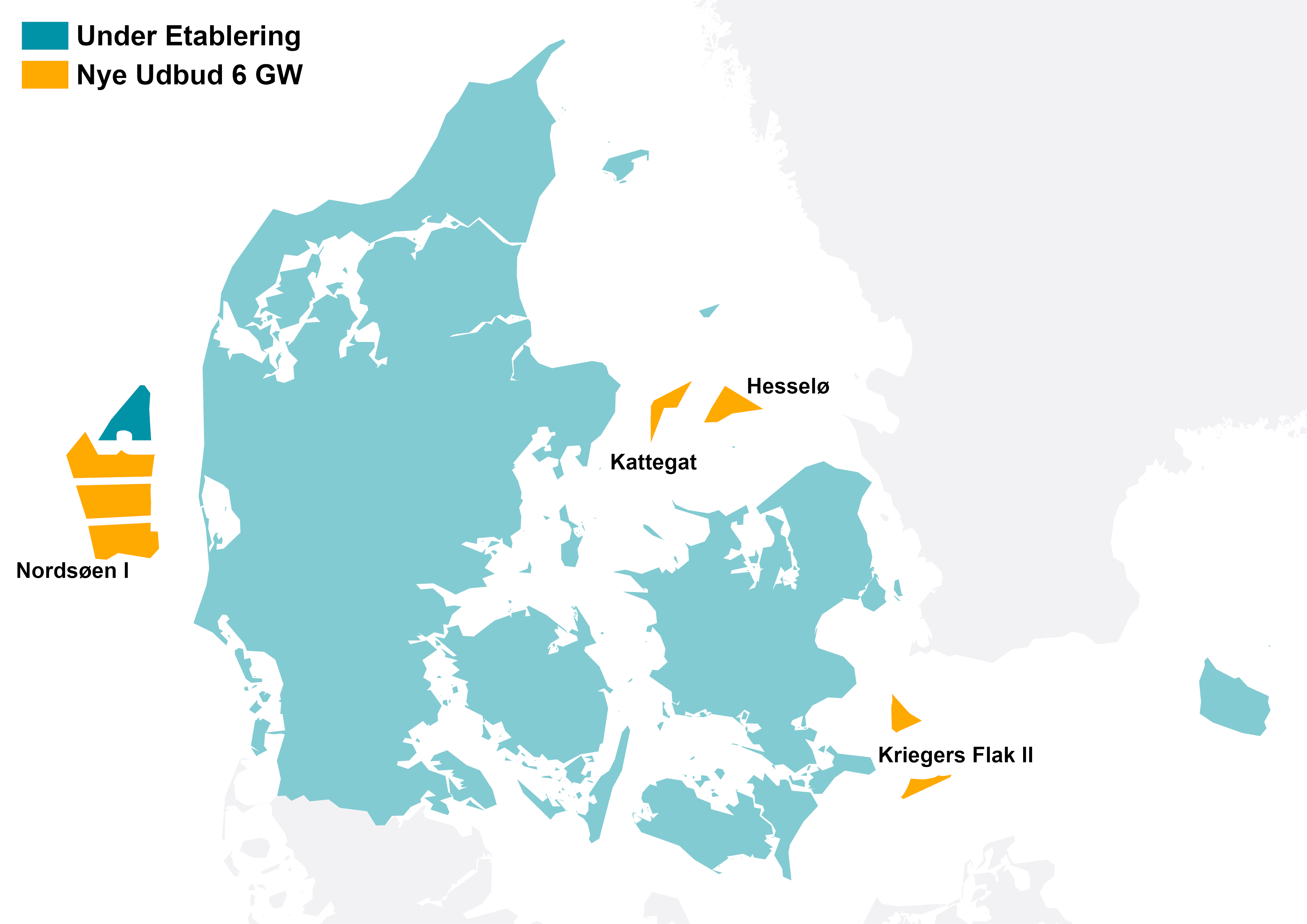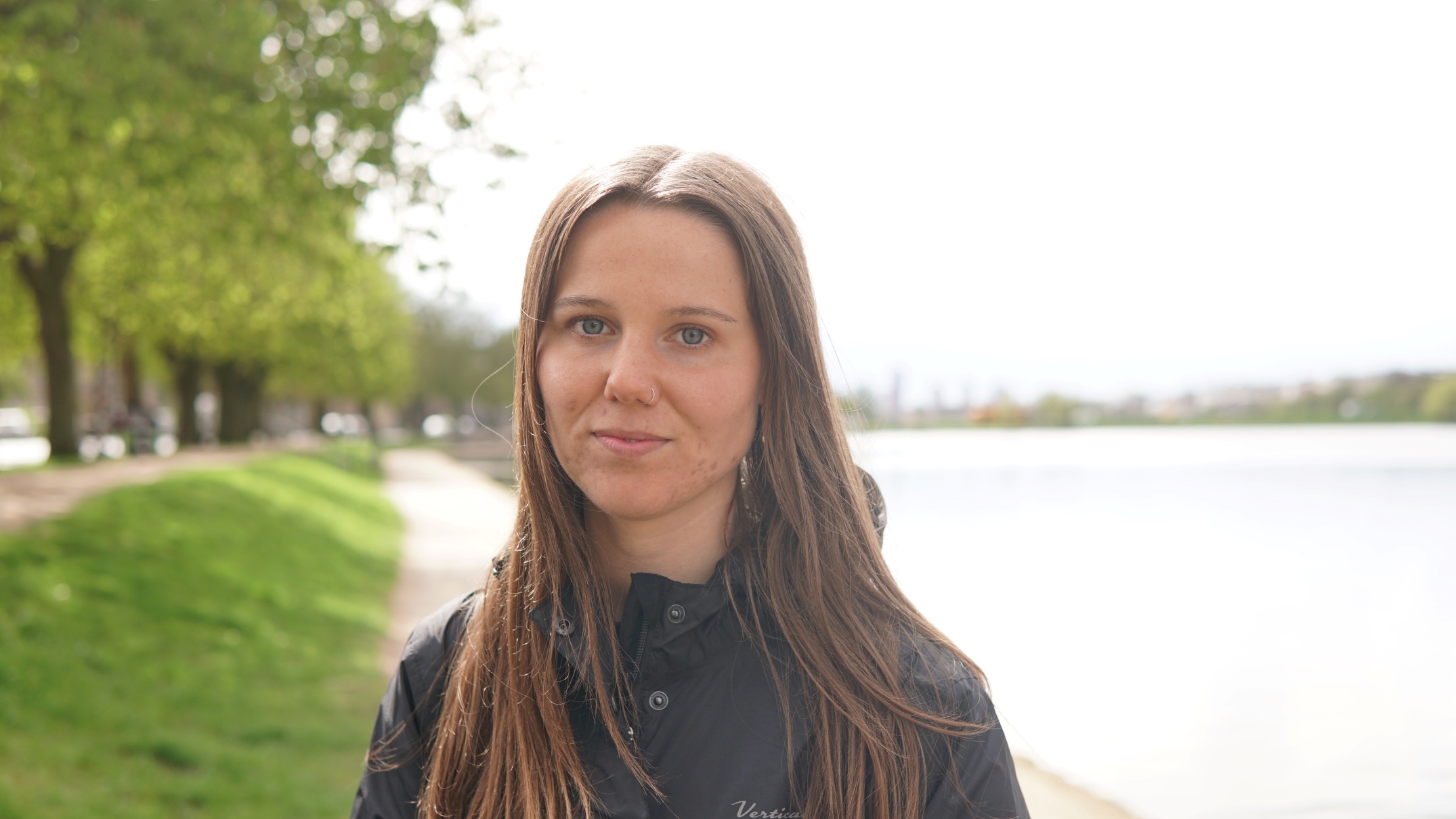Denmark joined another 195 countries last weekend in signing the UN Convention on Biological Diversity at a conference in Cancun, Mexico. Its signature commits Denmark to increasing its efforts to protect and conserve biological diversity to meet 2020 targets.
The international community discussed how the protection of biodiversity can be integrated into fishery, tourism, forestry and agricultural policies.
“For the first time, through the efforts of all parties, we are really speaking meaningfully to one another about the real value of biodiversity to tourism, to agriculture, to forestry, to the fisheries – to the very lifeblood of our economies,” said Erik Solheim, the executive director of the UN Environment Programme.
Some 75 percent of edible crops are dependent on pollinators like bees, butterflies and other insects, but more than 40 percent of these species are endangered.
“Denmark is already focusing on the impact of pollinators on food production, and in our ‘Nature Package’ we have set several projects underway, including a strategy for beekeeping,” stated the environmental and food minister, Esben Lunde Larsen.
READ MORE: Danish bees struggling to survive
Essential for food production
Pollinators are of major economic importance in world food production, which can be measured in hundreds of billions of dollars, according to a report from the Scientific Assessment Panel IPBES.
In Denmark alone, the value of bee pollination has been estimated at 1 billion kroner.
“The way to reach the targets is to merge business and biodiversity in the whole world – just as we have seen in Denmark with organic farming,” noted Larsen.
“Other industries will be willing to fight for biodiversity, if they are given the right conditions.”














